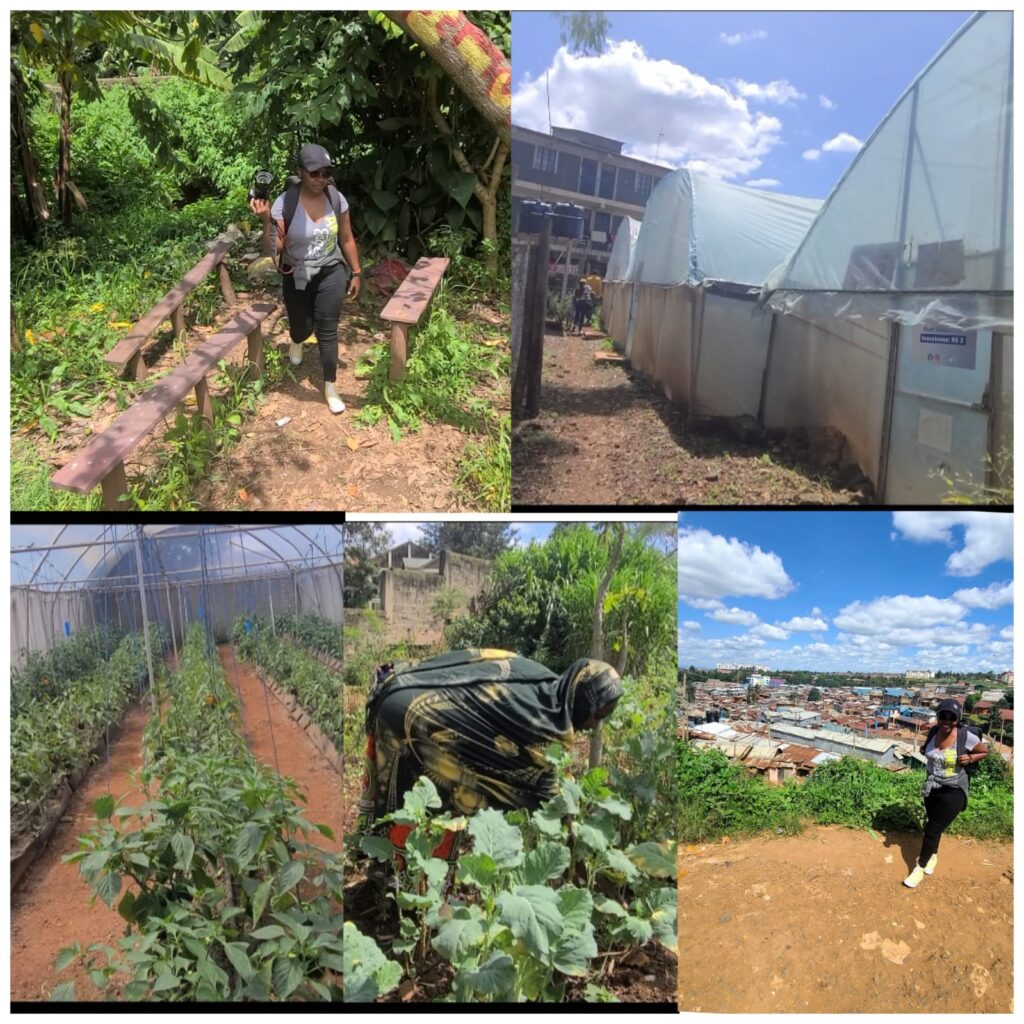Kibera is often portrayed through a single lens: poverty, congestion, and lack. Nairobi’s largest informal settlement is known more for its challenges than its quiet victories. Yet tucked between tin rooftops and narrow walkways, something remarkable is taking root.In spaces once considered too crowded, too dirty, or too hopeless, kitchen gardens are blooming. Reused containers, hanging buckets, and plastic sacks now cradle leafy greens. These simple tools are transforming how families in Kibera access food and how they see themselves. Kitchen gardening here is not just about growing food. It has become a powerful community response to some of the most pressing urban issues—youth unemployment, hunger, and insecurity.
Farming Instead of Fear
For many young people in Kibera, options are limited. Faced with high unemployment and few opportunities, some have been drawn into petty crime just to survive. But a shift is happening. Through grassroots initiatives and community-based training, some youth are choosing farming instead. With a few sacks of soil and the right support, they’re growing spinach, kale, and even tomatoes. It may not seem like much, but these gardens are giving young people an alternative. Something honest, meaningful, and restorative. Where there was once fear and frustration, there’s now focus and pride. And the food they grow nourishes more than just bodies. It builds a sense of belonging and purpose.
A Lifeline for Women and Families
For women in Kibera, kitchen gardens have become a source of relief and resilience. Instead of relying entirely on strained household budgets, many are now growing food right outside their homes. A handful of sukuma wiki grown in a jerrycan means one less item on the market list and a few more coins saved. Those small savings go a long way. Whether it’s school fees, rent, or an emergency, every shilling counts. But the impact runs deeper than money. Growing food gives women agency. It gives them control over what they feed their children, and the quiet satisfaction of providing without dependence.
Reclaiming the Unusable
One of the most striking shifts has been the transformation of former dumpsites into productive gardens. Areas once marked by waste and risk are now bursting with life. Spinach, onions, and tomatoes are thriving where garbage used to pile high. This is more than farming. It’s a reclaiming of space, of dignity, and of possibility. Children who used to play near open waste now water vegetables and learn how composting works. These gardens are not just food sources. They have become classrooms, gathering spaces, and signs that change is possible.
The Bigger Picture
Kitchen gardening might seem like a small solution given Kibera’s many challenges, but its impact has proven to be far-reaching. It represents creativity under constraint and resilience in the face of poverty. It shows us that even in the most overlooked places, meaningful solutions can thrive. That food systems can be localized. That people living in informal settlements don’t have to be defined by what they lack, but by what they grow, build, and contribute. In a city where land is contested and food prices continue to rise, Kibera’s kitchen gardens offer a model of what’s possible when communities are empowered with knowledge, support, and trust. The future of sustainable urban living may not be in tall buildings or big tech. It may be growing quietly, steadily, in the hands of everyday people and in the soil of Nairobi’s most unexpected places.

